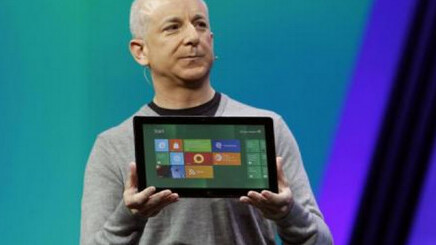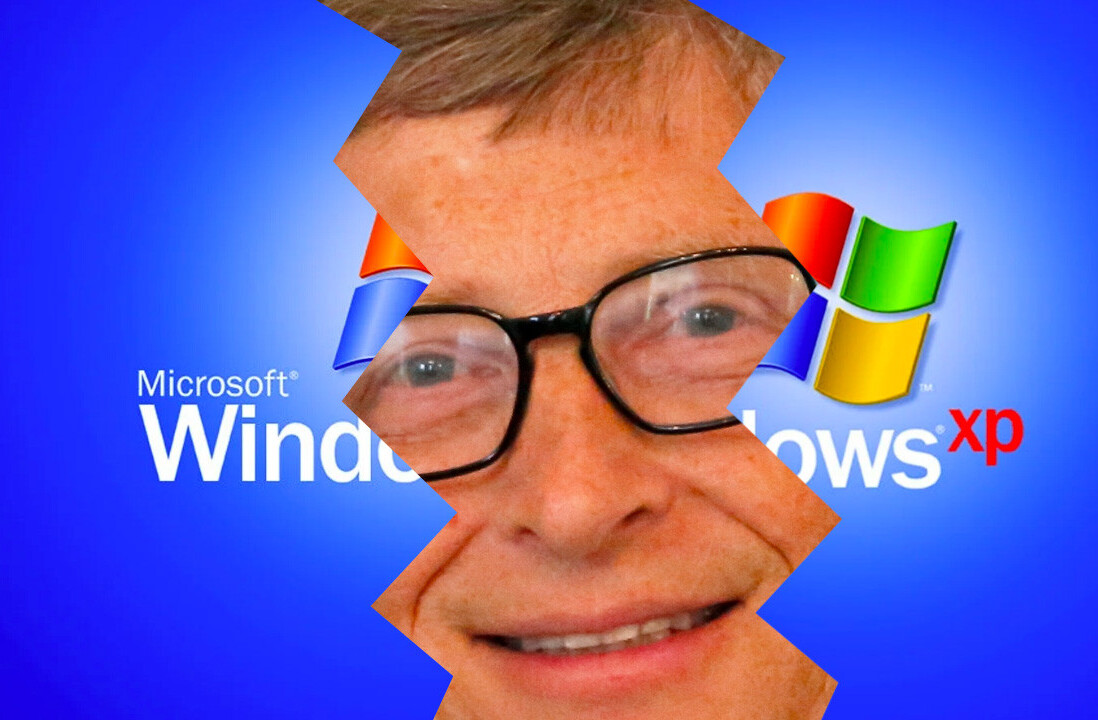
Windows 8, Microsoft’s new operating system that is equally at home on desktop PCs and tablets may be in trouble before it’s even launched, according to a new report from Forrester Research.
Microsoft’s Shrinking Window For Tablets finds that the rapidly developing tablet market is leaving Microsoft behind. In Q1 of 2011, Forrester asked consumers what operating system they would like on a tablet, and 46% opted for Windows – the top choice (remember, this was before Windows 8’s tablet interface was even announced). In its latest survey for Q3, that figure had depleted to just 25%. iOS is now the top choice, with interest in Android growing.
Microsoft’s problem, as Forrester sees it, is that it’s already 18 months since the Apple iPad originally launched and Microsoft is now a ‘fifth-mover’ behind Android tablets, WebOS and the BlackBerry Playbook. The research firm adds that low consumer demand for Windows Phone 7 means that it’s “a lost opportunity to build consumer anticipation for Windows 8… It offers no launch pad for Windows 8.”
However, it’s not all bad news for Microsoft; Forrester sees Windows 8 tablets as appealing to hardware companies like Dell (which has already pledged its allegiance to the cause), Acer and Asus, Lenovo, Sony, Toshiba and HP. The theory here is that these firms are “chasing good money after bad” with Android tablets due to high prices, poor marketing and distribution, and fragmented product offerings which have hindered the market. The synergy between desktop and tablet machines running the same interface could also be appealing.
To compensate for its slow start and waning consumer demand, Forrester recommends that Microsoft emphasises productivity and gaming, both natural Windows strengths, push for lower-priced models (with Windows 8 tablets expected by retailers to cost at least $500, will anyone opt for one in the face of competition from the Kindle Fire?), and boost its marketing efforts.
Is Forrester’s view fair?
If interest in Windows 8 tablets is declining, that’s clearly a problem for Microsoft. However, some of this report’s arguments bear scrutiny.
The early success of Amazon’s Kindle Fire shows that not every hit tablet needs to be a direct rival to the iPad – there can be room in the market for different options. Just as Amazon opted to turn its tablet into cloud-focused media consumption device, Microsoft could actually benefit from the tablets that have come before it.
With the iPad and its kind having popularised the idea of the tablet as a useful device to own, maybe the time’s right for a range of Windows 8 tablets that appeal to businesses and power users alike by bringing a bit more of desktop-grade experience to your hands on the go. Meanwhile, it seems like Windows Phone 7 device sales are on the up, meaning that the mobile OS may prove a useful springboard for tablets after all.
On the other hand, no official release date has been announced for Windows 8 yet, and we don’t even know if that will be the operating system’s final name. By the time it arrives, Microsoft might not be suffering as a ‘fifth mover’, it could be an eighth, ninth or tenth.
Get the TNW newsletter
Get the most important tech news in your inbox each week.





